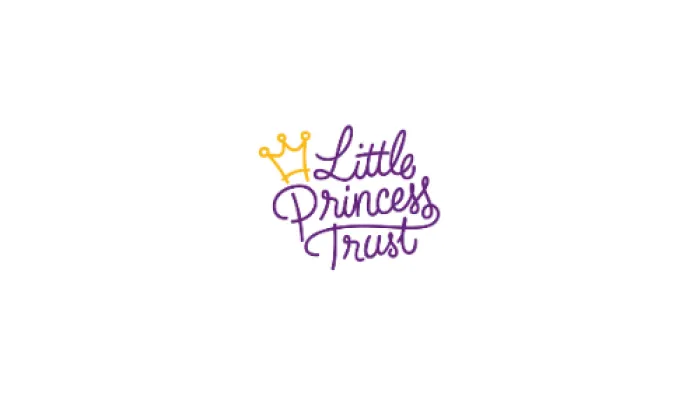Funded by the Little Princess Trust and administered by CCLG
Lead investigators: Professor Karim Malik and Dr Jodie Bojko, University of Bristol
Award: £127,455.72
Awarded May 2025
The challenge
Cells need proteins to survive – they are the building blocks that make up cells, as well as the machines that do most of the work in the cell, such as controlling metabolism and growth. Proteins are made according to ‘recipes’ found in a cell’s DNA, called genes. Each gene is transported from the DNA to the cell’s protein factories by molecules known as messenger RNA (mRNA). These mRNAs can edit the messages they carry, meaning that each gene can make more than one protein. The multiple messages that genes can produce need to be strictly controlled in normal cells, and failure to control them can result in cancer.
In many cancers, excessive editing of mRNA occurs, creating proteins that support increased cancer cell growth and survival. Correcting the editing of mRNAs could therefore block the production of cancer-causing proteins and stop cancer growth.
The project
Professor Karim Malik and his team at the University of Bristol have identified mRNA messages that are altered in neuroblastoma, and found a candidate drug that can inhibit the growth and survival of neuroblastoma cells. Now, they will conduct proof-of-principle experiments with a new type of drug capable of controlling the editing of mRNA. The researchers aim to provide evidence to support this new class of therapy for neuroblastoma.
The impact
Prof Malik hopes that the new drugs will be powerful new additions to the anti-cancer arsenal. As the drugs may target cancer cells specifically, such new treatments could greatly reduce the harmful side effects frequently seen with current treatments.

The Little Princess Trust
This project was funded by The Little Princess Trust. They fund research projects in partnership with CCLG, combining CCLG's research funding and grant management expertise with The Little Princess Trust's fantastic fundraising to support world-class scientific research.

